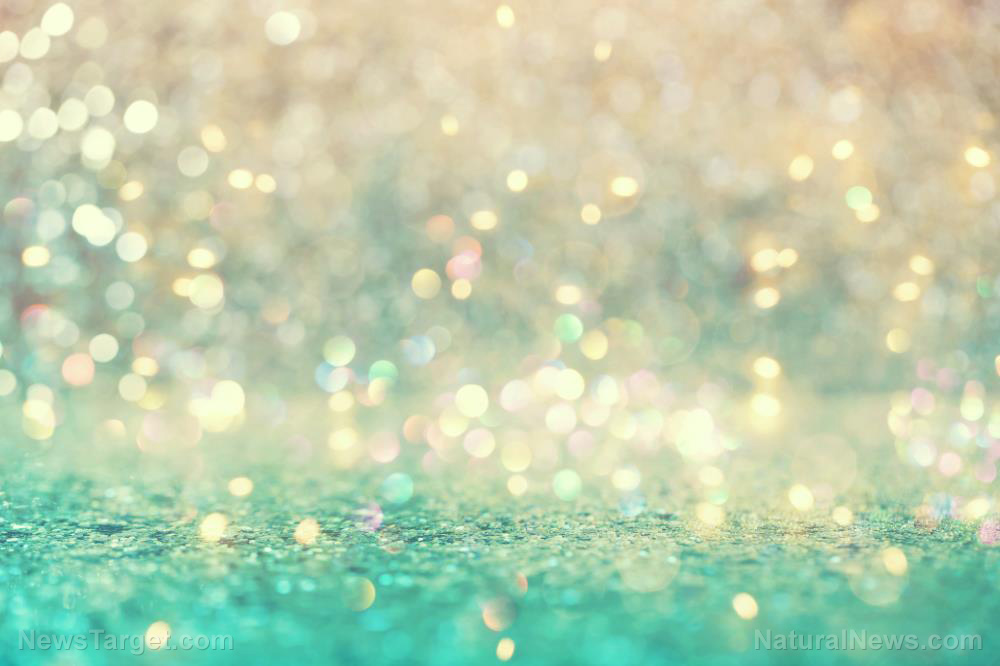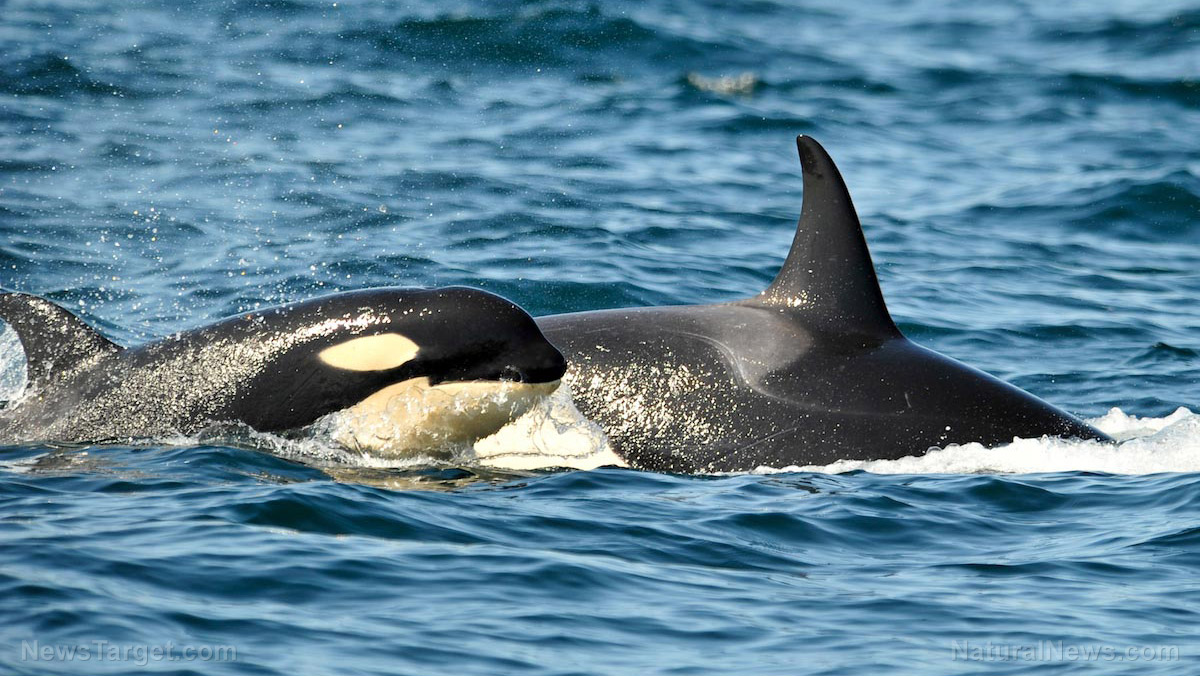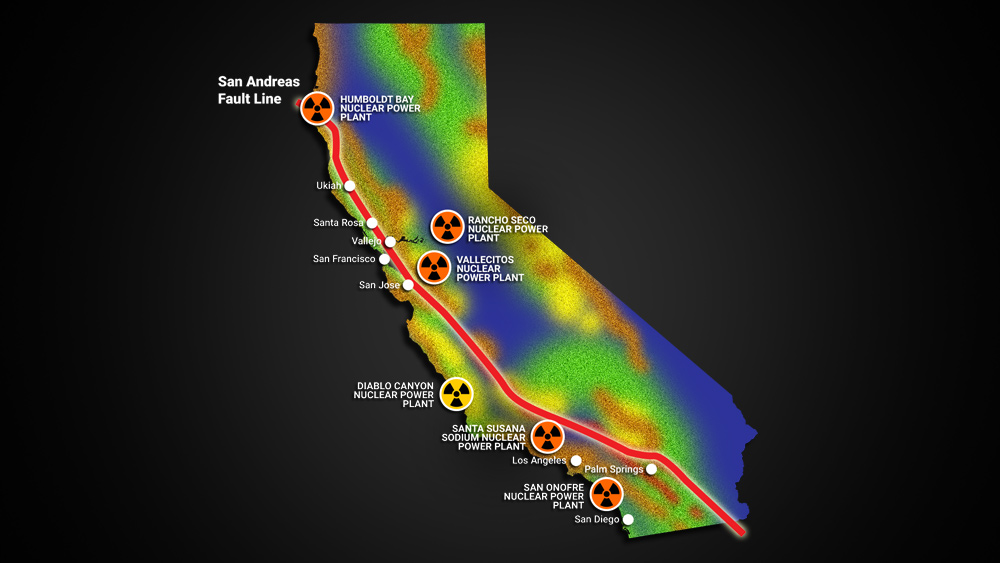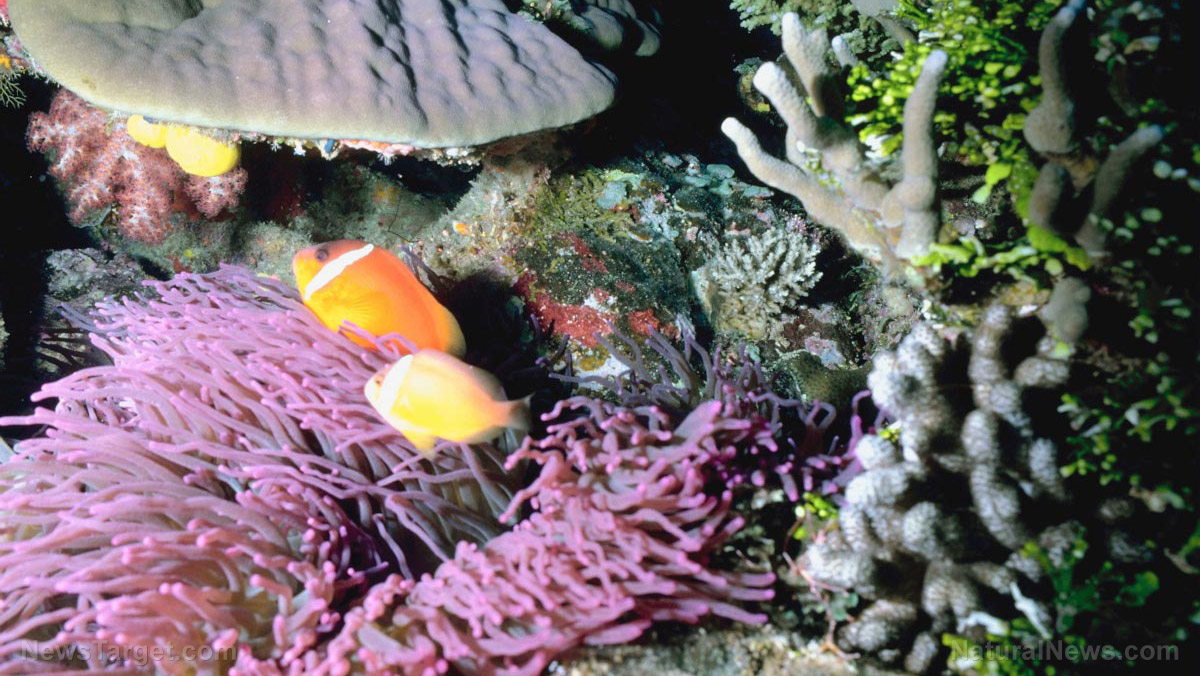Glitter sunscreen is this summer’s biggest beauty trend, but experts warn it is harmful to the environment
03/28/2019 / By Edsel Cook

Chemical-based sunscreens are unsafe enough on their own. But the glitter sunscreen that came out this summer of 2018 might pollute the environment on top of the existing detrimental effects on human health, an article in Harper’s Bazaar reported.
Glitter is highly popular among women and children. Makeup, nail polish, and lip gloss are just some of the common beauty products that feature the gaudy particles. It was only a matter of time until manufacturers came up with the idea to add the popular decoration to sunscreen.
Sunscreen is advertised to protect the skin from the risk of cancer caused by excessive exposure to strong sunlight. The addition of glitter makes sunscreen more “fun” to look at. This gets more people to actually put it on because they want to look good and take photos of themselves that they can post online.
Glitter sunscreen proved to be an instant hit. The ones that use holographic glitter are very popular; when the Unicorn Snot brand debuted their first such product, the first batch was sold out within three hours. (Related: Chemical-free sunscreens and sunburn treatments.)
Glitter or no glitter, chemical sunscreens are bad for the skin
The problem is that the typical sunscreen is made of synthetic chemicals that can cause cancer. Active ingredients like octyl methoxycinnamate, titanium dioxide, oxybenzone, and diisopropyl adipate have been shown to be very toxic to living animal cells.
Furthermore, by stopping the UV rays from reaching our skin, sunscreen also halt the natural production of vitamin D. In addition to strengthening the skeletal system, this vitamin bolsters the immune system, the body’s first line of defense against cancers.
No wonder sunscreen is subject to the same regulations as over-the-counter drugs. And given the current opioid epidemic sweeping the United States, you should know that pharmaceutical drugs can do even more harm than the symptoms and diseases they were supposed to alleviate.
To make matters worse, each glitter sunscreen product contains different amounts of the sparkly stuff. Many users apply glitter sunscreen in lavish amounts that make the glitter stand out on their skin.
All that plastic glitter can contaminate the water supply and harm wildlife
Furthermore, glitter is part of the growing problem of plastic pollution. The stuff is usually made from polymers, which are in turn produced from petroleum products. And plastic products are very resistant to natural means of degradation.
At least some of that glitter will wash off the skin while swimming or wading. The rest will get rinsed off in the shower, where they will join the many other pollutants found in wastewater that either gets treated first or is discharged without aplomb.
Once it gets into bodies of water with aquatic wildlife, glitter becomes a dangerous thing. Wildlife can mistake the pollutants for food or inadvertently gulp them down in the process of breathing. Once in the gut, toxic materials can cause potentially severe diseases and lead to death.
The active ingredients in ordinary sunscreen are already considered dangerous for coral reefs. These chemicals can harm marine animals, damage the genetic data of coral reefs, and cause coral bleach. Due to this, Hawaii recently banned the use of sunscreen near the reefs.
Glitter could compound these harmful effects by decreasing the visibility in the waters around the reef. Large amounts would block the light from reaching the reef.
Holographic glitter poses an additional threat. While some are biodegradable, the holographic and iridescent ones are made from persistent materials. Glitter will threaten aquatic life long after the person who put on that sunscreen left the beach.
You can learn more about the cancerous truth behind chemical-based sunscreens at Natural.news.
Sources include:
Tagged Under: Cosmetics, glitter sunscreen, plastic waste, products, sun protection, sunblock, sunscreen, toxic ingredients, toxic substances, wildlife threat
RECENT NEWS & ARTICLES
COPYRIGHT © 2017 ENVIRON NEWS




















